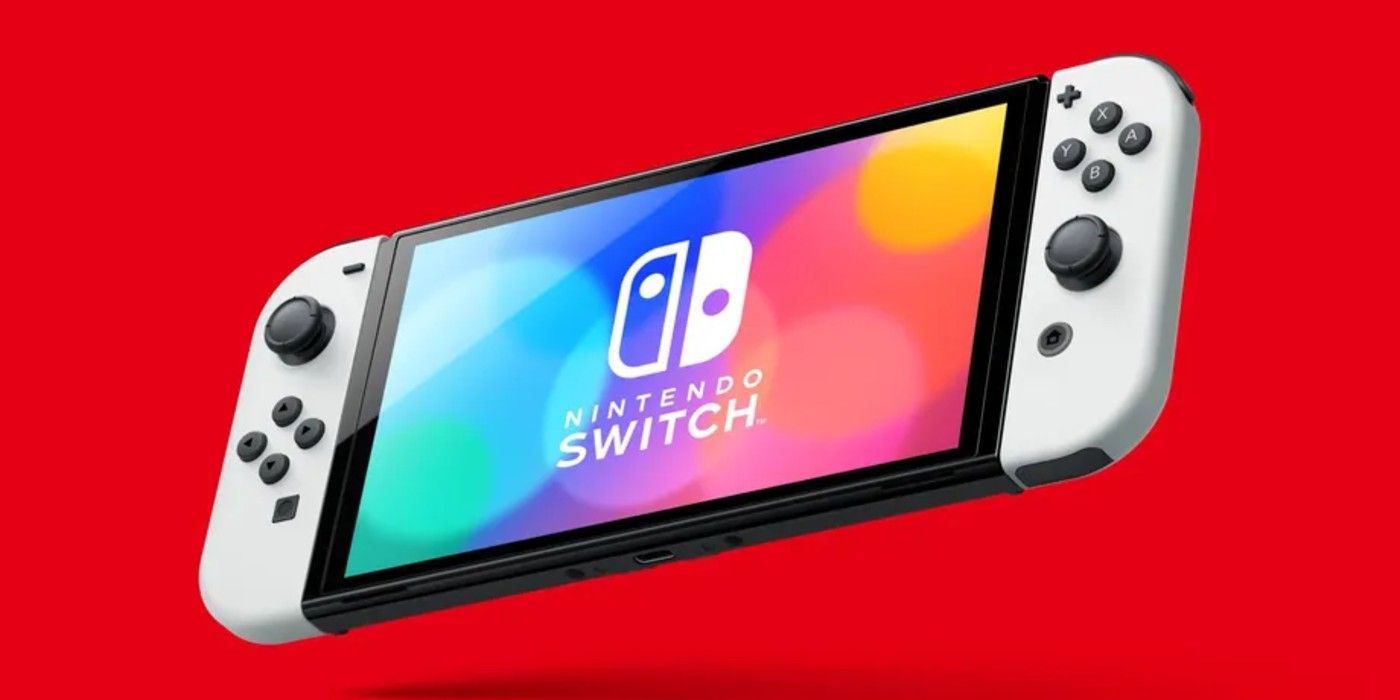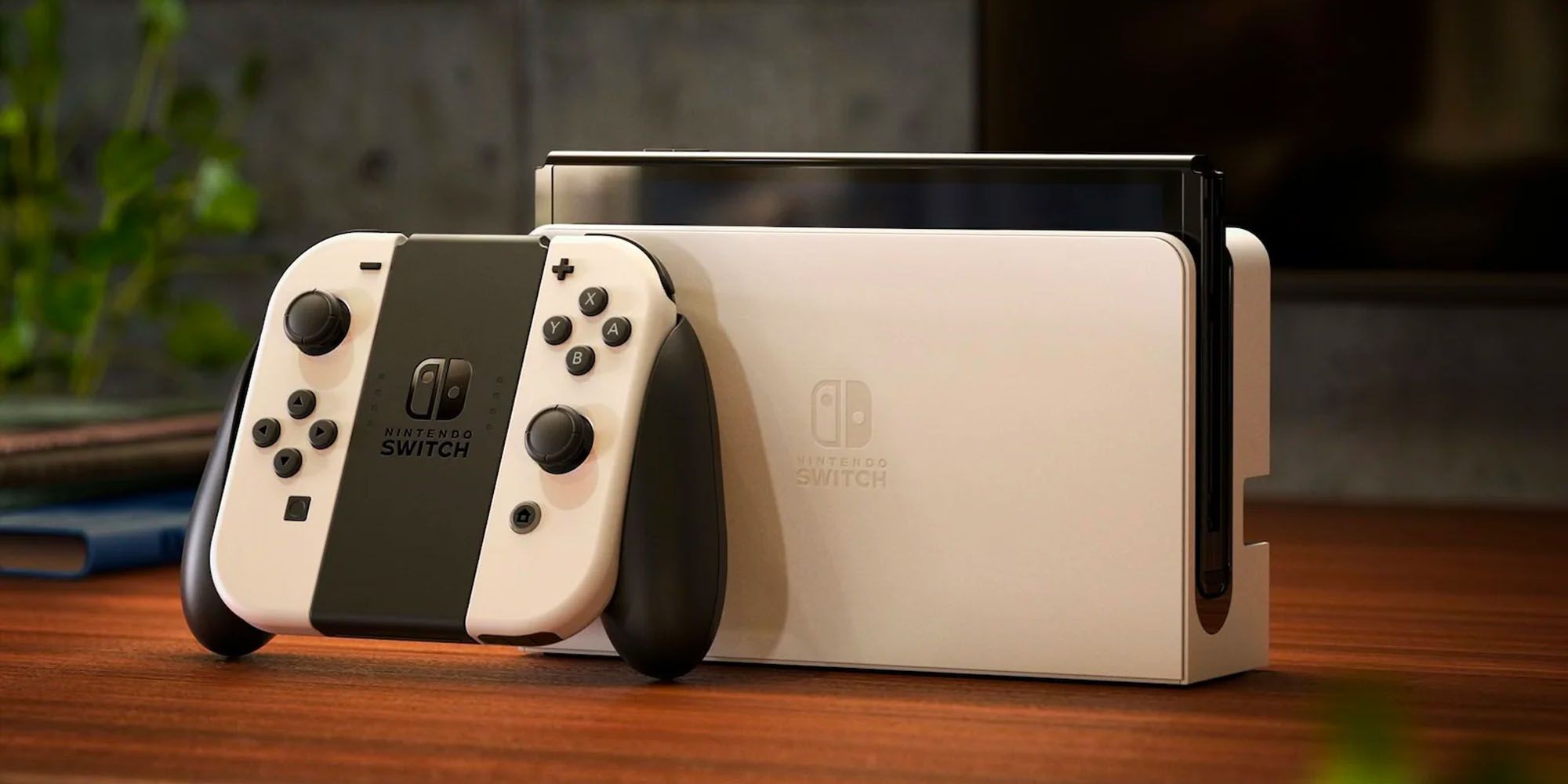
Although the Nintendo Switch (OLED Model) is $50 more expensive than the standard Switch and $150 more expensive than the Switch Lite, its reported production cost per unit is only $10 higher for Nintendo than the Switch base model. The OLED Nintendo Switch's announcement was a bit underwhelming in light of myriad rumors of a Switch Pro model, leaving some disappointed that the $350 hardware revision wasn't a beefed up version of the handheld/console hybrid. Instead, the OLED model it offers a slightly larger screen and a few quality-of-life improvements.
When Nintendo revealed the Nintendo Switch OLED, it wasn't done with the level of fanfare fans had braced for. This was likely intentional, as Nintendo certainly knew there were high expectations for a Switch Pro model. Weeks after the Switch Pro's expected E3 2021 reveal window had come and gone, Nintendo dropped a trailer online for the Nintendo Switch (OLED Model). Soon after, the internet laid into the company, despite the fact there were never any official promises of a more ambitious revision of the Switch. One would assume that the fact that most of the OLED Model's hardware is unchanged from the base Switch that Nintendo would be saving a few bucks on its production, and it that assumption may be true.
The Nintendo Switch OLED reuses old Joy-Cons and other hardware, which has reportedly allowed the company to keep the cost to manufacture it relatively low. It's believed that the new revision only costs Nintendo about $10 more than a regular Switch to produce. According to industry research firm DSCC's Yoshio Tamura (via Bloomberg), the new OLED screen costs between $3 - $5 per unit to manufacture. Omdia’s Akira Minamikawa suggests the new 64GB storage costs about $3.50/unit, and the improved kickstand also costs a few bucks. All in all, it's reported Nintendo will be able to make off with a notable profit of around $40 per Nintendo Switch (OLED Model) unit.

Given there's no additional power in the Nintendo Switch OLED, some have found the $50 price hike to be too steep. Now, that view has potentially been validated by information that Nintendo isn't paying much more for its manufacture. The original Nintendo Switch was designed to be a profitable console, something that isn't common in the industry. Other major platform holders PlayStation and Xbox normally sell their consoles at a loss to keep costs low, offsetting the gap with revenue from games and services.
Nintendo now seems to be making off with more money despite not giving current Switch owners many reasons to upgrade. Perhaps the OLED Switch is aimed more at people who don't already own the console, and perhaps it could even come to phase out the current standard Switch model in time. For now, eyebrows remain raised within the company's online fanbase at the price increase. Whether or not gamers end up adopting the Nintendo Switch OLED en masse anyway remains to be seen.
Source: Bloomberg
https://ift.tt/3yrum34
July 16, 2021 at 12:41AM




